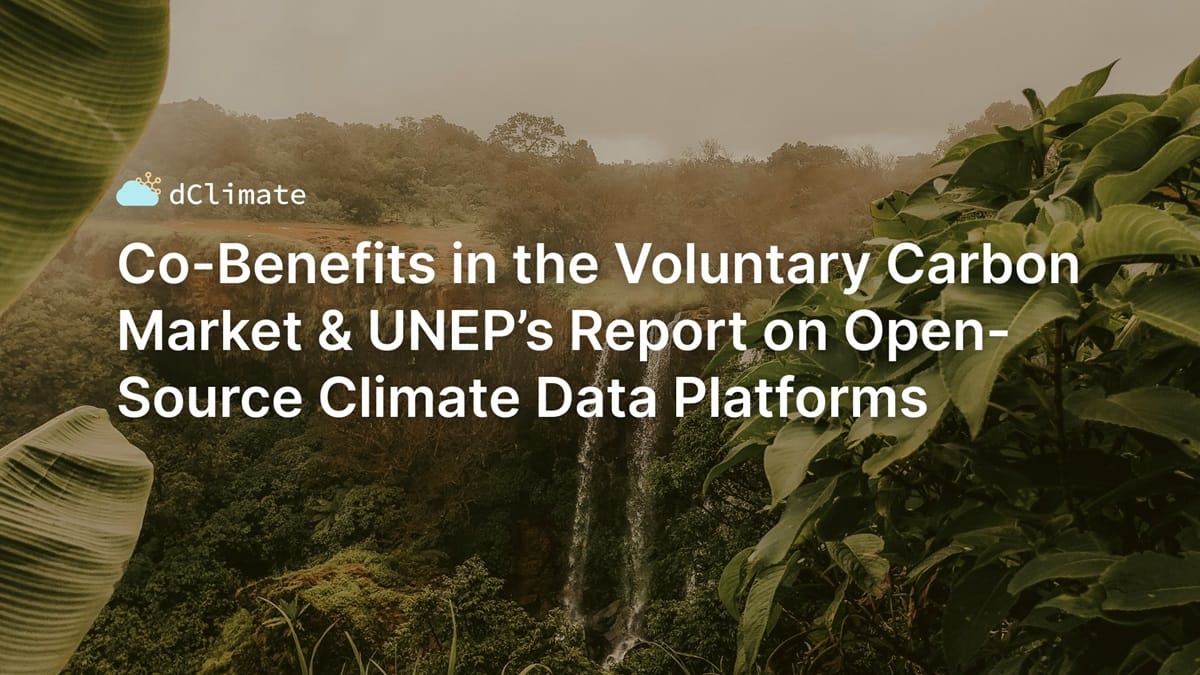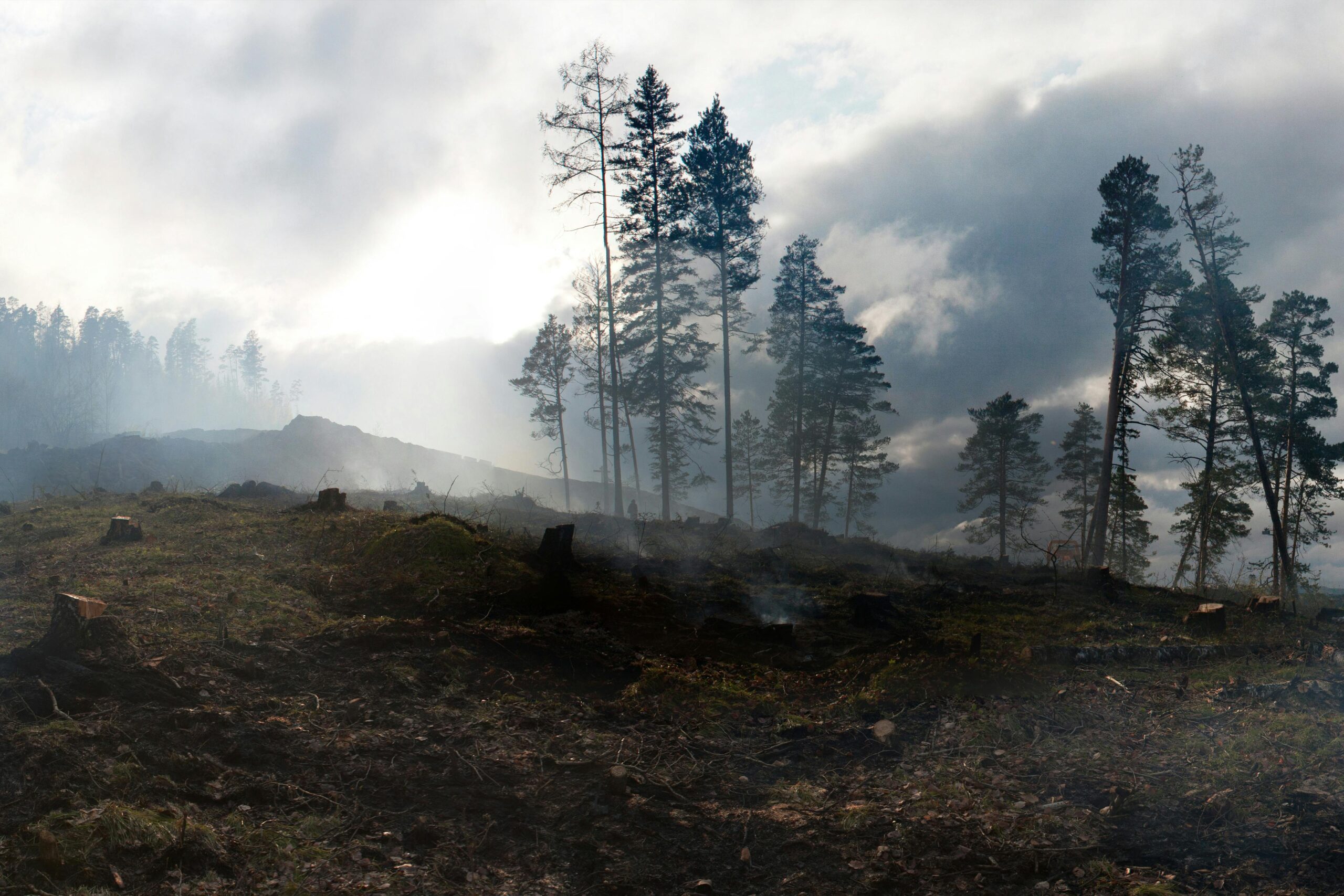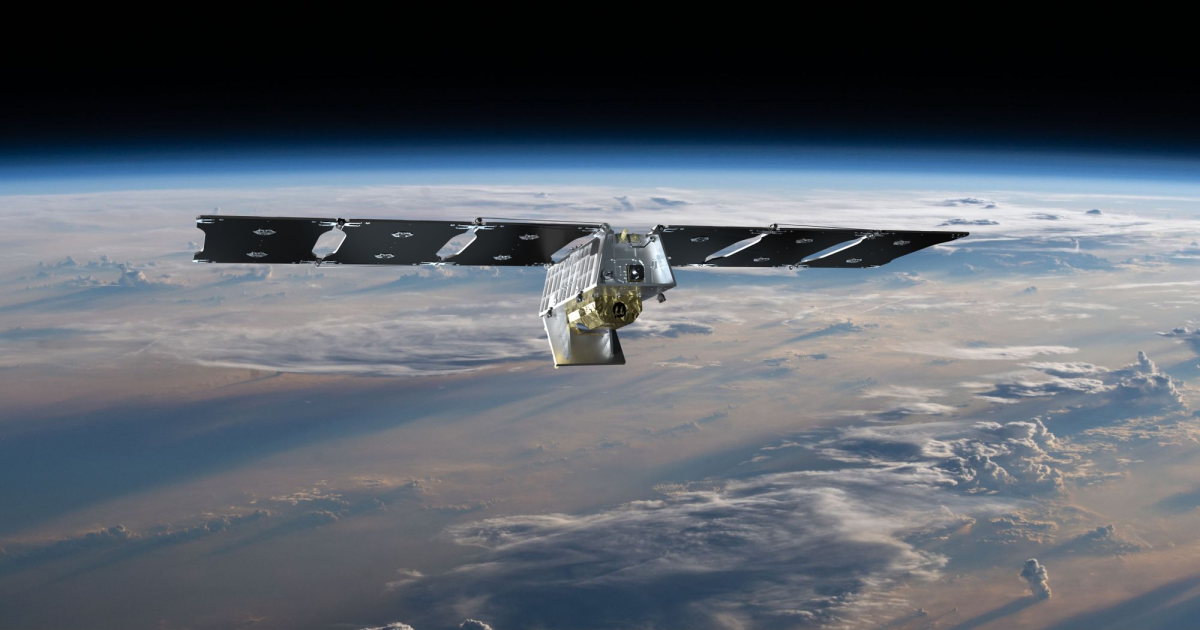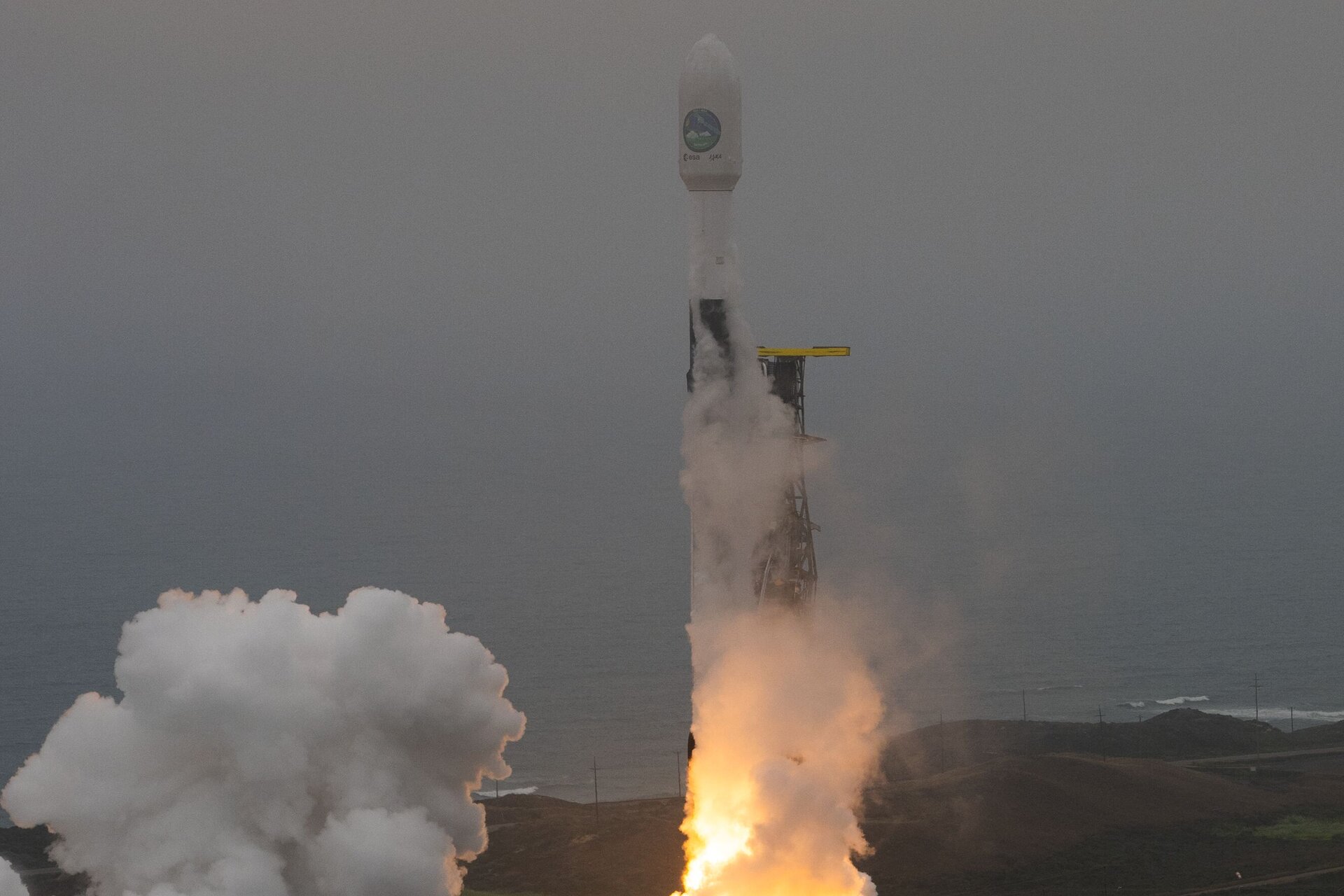Data ReFined #33: Co-Benefits in the Voluntary Carbon Market & UNEP’s Report on Open-Source Climate Data Platforms

The Newsletter about Climate Data, Regenerative Finance, and Climate Risk ⛅
The voluntary carbon market (VCM) is changing rapidly, with rising demand for high-integrity credits and more emphasis on co-benefits. This edition of dClimate's biweekly newsletter features the U.S. government's principles for high-integrity credits, Ecosystem Marketplace's State of the VCM Report, and Neutral's latest insights on REDD+ initiatives.
We also share news about physical climate risks, including the long-lasting heavy rainfall in the United Kingdom, the United Nation's report on open-source climate data platforms, as well as exciting developments in the field of satellite data and AI models for climate science.
Let's dive into it! 👇
Subscribe here for more updates!
Industry News

Principles for High-Integrity Carbon Markets
The Biden-Harris Administration has announced a list of key principles to enhance the integrity of voluntary carbon markets (VCMs). These principles emphasize the need for robust standards, more public disclosures, and a greater focus on co-benefits in project development.
Read the fact sheet to learn more about all 7 principles:

Ecosystem Marketplace's State of the VCM Report 2023
The 2023 report on the state of the voluntary carbon market shows a shift towards higher-priced, high-integrity carbon credits. The average price per credit increased significantly due to a focus on nature-based solutions and credits with verified co-benefits. This trend indicates more discerning carbon market participants who prioritize quality and impact when purchasing carbon credits.
You can find a download link to the full report in the article below:

High-Integrity REDD+ Initiatives
The latest article from Neutral discusses the complexities and changes in the REDD+ initiatives focused on improved carbon crediting integrity. The write-up emphasizes the need for updated methodologies that align with scientific advances and suggests future directions to ensure REDD+ remains a pivotal part of global forest conservation and carbon sequestration strategies.
View the article, including five insightful graphs, via the link below:


Extreme Rainfall 10x More Likely
The type of continuous rain experienced last autumn and winter in the UK and Ireland is now estimated to occur on average every 5 years instead of every 50 years. The increase and intensity of rain and storms have resulted in significant flooding, loss of life, damage to infrastructure, and agricultural losses during one of the wettest periods in nearly two centuries.
Find more context and details in the article from The Guardian:

Climate-Related Financial Risks
Climate perils pose significant financial risks that impact investment and lending decisions across various financial sectors. The article below points out specific vulnerabilities in sectors like banking and insurance and stresses the importance for all investors to integrate climate risks into their strategic planning.
Learn more in this article from the Climate Policy Initiative:

Florida's Home Insurance and Hurricane Season
The 2024 Atlantic hurricane season, predicted by NOAA to be highly active, poses significant challenges for Florida's already vulnerable insurance market. Due to the increased frequency and severity of weather events, home insurance premiums have doubled over the past three years. A major hurricane hitting densely populated areas in Florida, Texas, or Louisiana could drastically impact insurance markets, possibly leading to insolvencies and even higher premiums.
Read the full story on Newsweek:


Open-Source and Neutral Climate Data Platforms
The United Nations has released a new report that explores how open and neutral platforms for robust climate data could overcome hurdles like data availability, quality, comparability, and the high costs of data acquisition. The authors emphasize that accessible and reliable data is essential to improve climate risk assessments and mitigation strategies.
The report supplements the recently published Climate Risk Landscape Report, which was covered in issue #31 of this newsletter, and can be downloaded below:

Microsoft's Aurora: a Foundational AI Model of the Atmosphere
Aurora utilizes advanced AI to analyze vast amounts of data, allowing it to predict weather and atmospheric conditions with high accuracy. This breakthrough model is expected to revolutionize climate modeling and environmental prediction by providing detailed insights into atmospheric dynamics.
Learn more in Microsoft Research's press release:

Using Satellites to Detect Wildfires Early
High-profile collaborations between NASA, Google, SpaceX, and others are advancing satellite missions to improve early wildfire detection and response from space. The proposed satellite constellations could revolutionize resource deployment and emergency management during wildfire incidents due to more granular data about the location, temperatures, and movement of wildfires.
Read the full article in the Los Angeles Times:

New Satellite Data for Atmospheric Dynamics
The EarthCARE satellite, a joint project between European and Japanese space agencies, has been launched to enhance our understanding of Earth's atmospheric dynamics. This mission will collect data about the complex interactions of clouds, aerosols, and radiation, thereby helping scientists to refine global climate models.
Find more details about this satellite mission in the announcement below:

Thank You For Reading Our Newsletter! 💙
We truly appreciate your interest and support! If you enjoyed this content, please consider forwarding this newsletter to your network to increase awareness of these critical climate topics.
Join the Community!
Get involved in our growing community via the links below! We welcome your comments, feedback, and likes. 👇
Twitter | LinkedIn | Discord | Telegram | YouTube
Learn more about the decentralized and open climate data ecosystem we are building via the links below!
🌐 Visit our website
👉 Check out our products
💽 Explore 40+ TB of free climate data via our data marketplace and API









